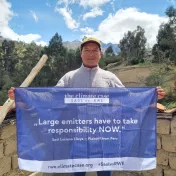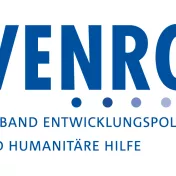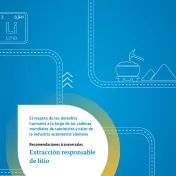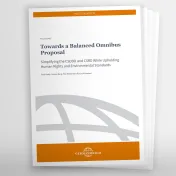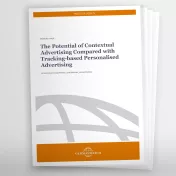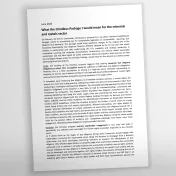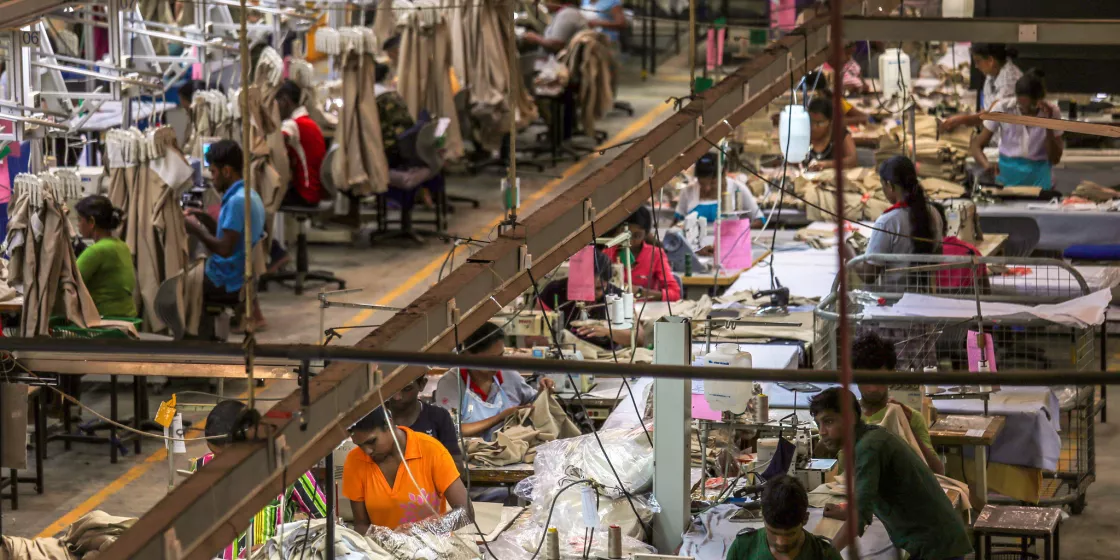
asian Development Bank
Textile factory in Weliweriya, Sri Lanka
Corporate Accountability
While globalisation ususally benefits businesses, its negative impacts are often disastrous for both people and the environment. Germanwatch campaigns for politicians and companies to respect their human rights and environmental responsibilities.

